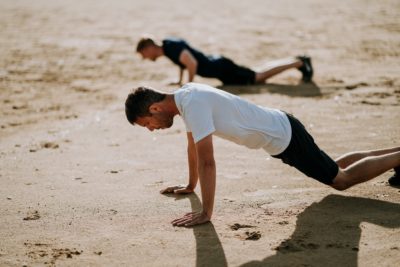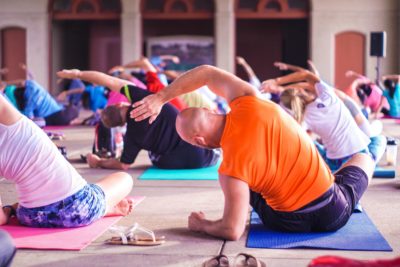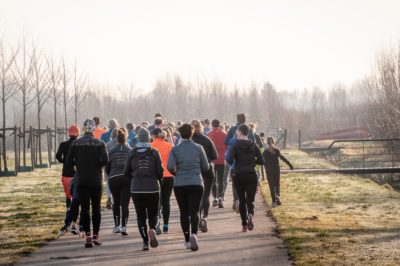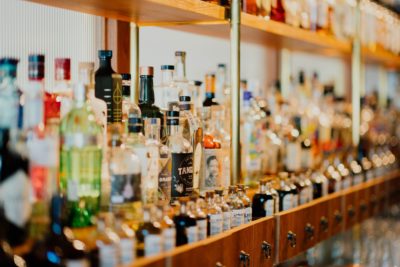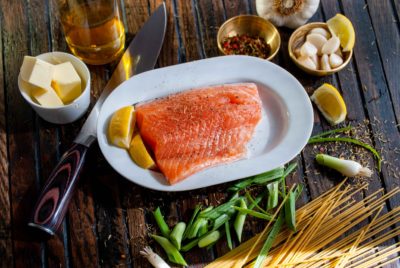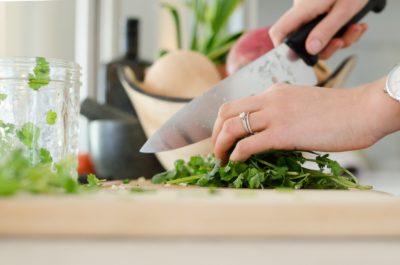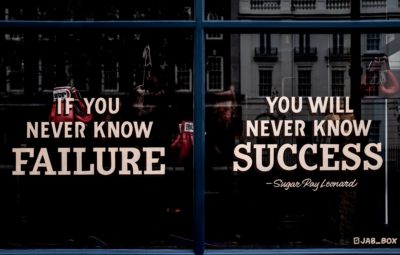#firefighters
Stress is a pervasive aspect of modern life in [cityname], but many people don’t realize they’ve trained themselves to be stressed. This habitual or even addictive response to distress disrupts our ability to function optimally, especially at peak performance levels.
Regular exercise can improve your brain health in [cityname]. Let’s look some ways to work exercise into your daily routine.
Regular exercise can actually boost your self-esteem in [cityname]. We all need that sometimes.
Exercise and Mental Health in [cityname]: Distract Yourself One way to cope with having a bad day, dealing with anxiety, stress overload or feeling stuck is to provide yourself with a healthy distraction. Exercise is definitely one healthy distraction we keep as a tool in our toolbox–it’s great for your body and tends to help you get ‘out of your head’ for a bit.
Nutrition and Mental Health in [cityname]: A Word About Alcohol It’s up to you to know how alcohol affects you. If you can have a drink or two and really enjoy it, do that. If you can’t drink one without drinking ten, then don’t start.
More on nutrition and mental health in [cityname] – we chat about how research studies have shown improved brain function and memory associated with low carb, high fat diets. We have certainly found that to be the case.
More on nutrition and mental health in [cityname] – we chat about avoiding foods that cause anxiety, and replacing them with foods that help manage anxiety.
One of the best tools that we’ve found to help with managing Post Traumatic Stress and improving mental health is our nutrition in [cityname]. So let’s talk about the foods that cause or increase inflammation, and what foods can help keep inflammation at bay.
[cityname]: Failure and a Growth Mindset – the Role of Failure in Successful PTSD Recovery. An essential aspect of recovery is moving forward. Quitting means you’re giving up, failure means you’re still trying.
[cityname]: How to Manage Negative Thoughts – The single most productive thing to learn in your recovery journey is how to take a thought captive–how not allow it to rule or ruin a moment, a day, an opportunity. In this quick video Dr. John A. King discusses something that is at the very heart of his book #dealwithit – living well with PTSD.

